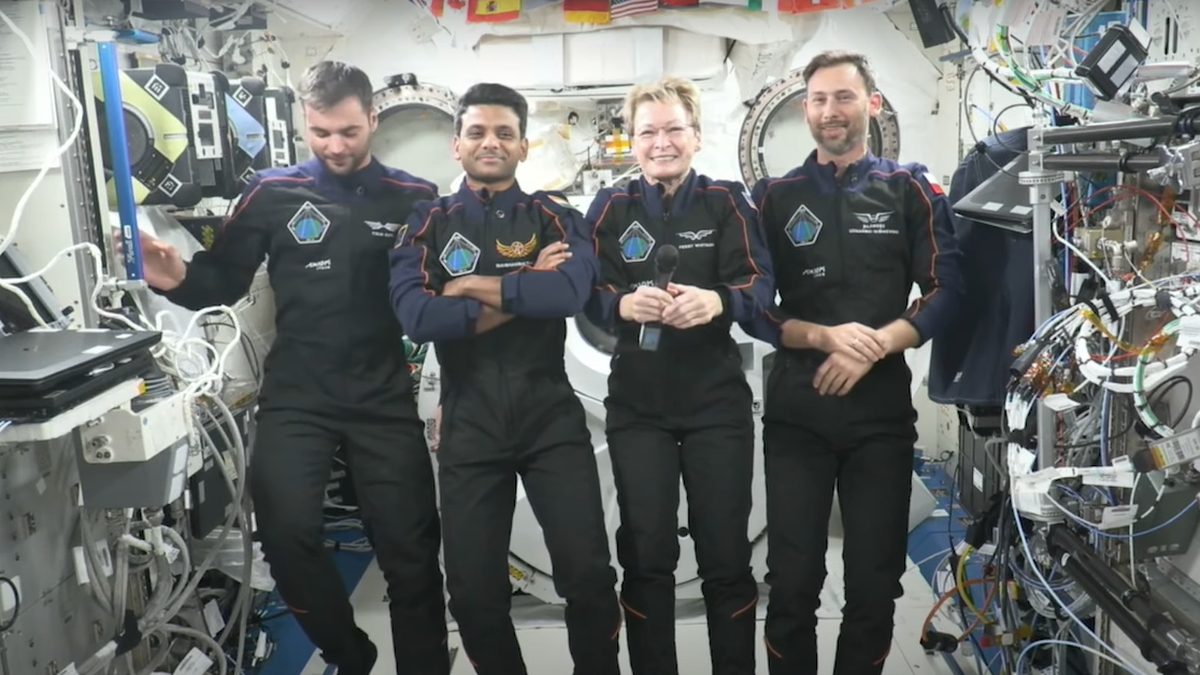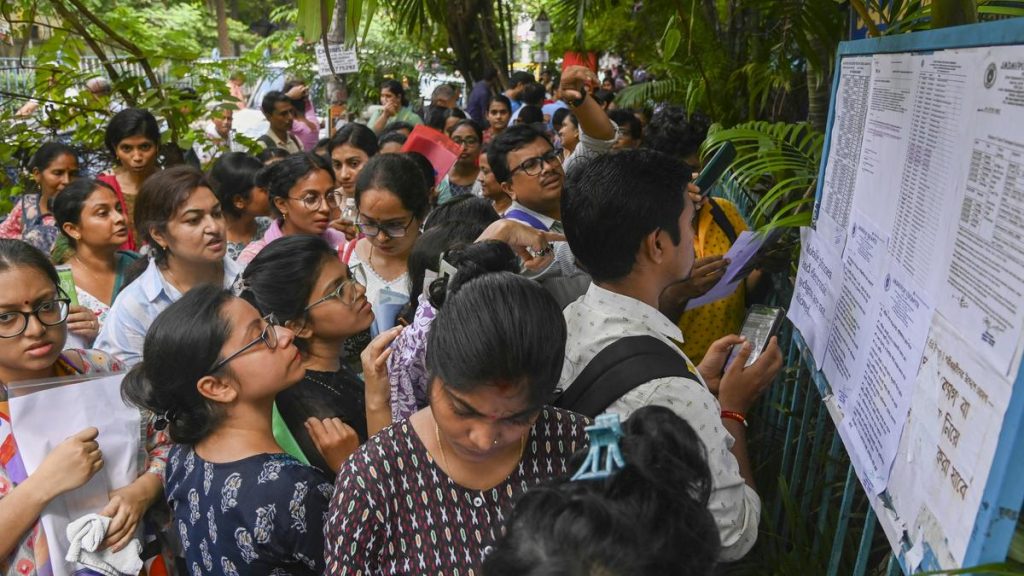Now Reading: Shubhanshu Shukla Reflects on Final Days Aboard Axiom-4 Mission
-
01
Shubhanshu Shukla Reflects on Final Days Aboard Axiom-4 Mission
Shubhanshu Shukla Reflects on Final Days Aboard Axiom-4 Mission

Quick Summary
- Axiom Mission 4 (Ax-4): Undocking from the International Space Station set for July 14, 4:35 p.m. IST.
- group Captain Shubhanshu Shukla: Indian astronaut conducting experiments related to space exploration and sustainability.
– Microalgae Experiment: Studied samples for potential uses such as food, oxygen, and biofuels during deep space missions.
– Voyager Displays Study: Investigated effects of spaceflight on eye movement and coordination.
– ENPERCHAR Study: Focused on astronauts’ environmental interactions to design supportive habitats for long-duration missions.
- Other research included:
– Effects of microgravity on cerebral blood flow and cardiovascular function under elevated CO₂ conditions.- Radiation safety via monitoring with Rad Nano Dosimeter tools.
- Cognitive experiments like Acquired Equivalence Test examined adaptability; photongrav study analyzed brain activity for neuroadaptive technologies relevant to both space travel and medical applications.
The crew will return aboard SpaceX Dragon “Grace,” with splashdown planned off the coast of california pending weather conditions.
Indian Opinion Analysis
This mission highlights India’s growing role in international aerospace collaboration,especially through the contributions of Group Captain Shubhanshu Shukla. His involvement reflects India’s commitment to advancing scientific knowledge in areas critical to sustaining human life beyond Earth – such as biological sustainability through microalgae research – which could be a significant breakthrough in long-term mission planning.
The wide range of studies conducted by Ax-4 also offers insights into challenges astronauts face during prolonged stays in orbit. These findings have clear implications not only for future deep-space missions but also for healthcare innovations on Earth (e.g., cardiovascular or neuroadaptive technologies). India’s active participation underlines its meaning within global efforts toward space exploration while nurturing domestic expertise that could shape future national missions.
For more details,click here.























